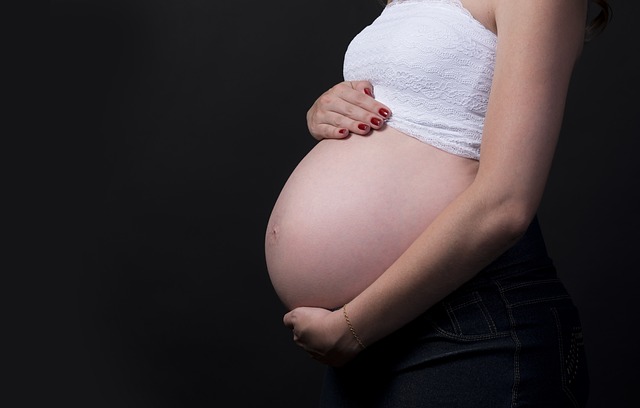There is a misconception that reversible contraception can cause infertility or delayed return of fertility after the termination of contraception.

Following are different unreliable concepts that illustrated how contraception impact fertility:
Oral contraceptives like using pills may cause secondary amenorrhea, which is associated with anovulation and reduced reproductive fecundity.
IUD may also cause infertility secondary to pelvic inflammatory disease (PID).
It was believed that exogenous hormonal therapy causes the delayed return of normal function of the hypothalamic/pituitary/ovarian axis and temporary infertility.
But all these concerns were disproved from more recent studies.
Development of low dose hormonal contraception, prevention of PID, and implementation of scientific techniques are some of the advancements in contraception methods.
Most contraceptives have been modified to improve their safety and tolerability without compromising efficacy.
Currently, wide ranges of effective and safe reversible modern contraceptives are available in the contemporary world.
The duration of contraception use is not significantly affected by the return of fertility.
Evidence supported that women who used oral contraceptives for a longer duration may have a slightly lower rate of pregnancy than did women using oral contraceptives for a shorter period which could be the effect of age, in which fertility decreases as age advances.
The progestin type has no major effect on the rate of pregnancy over the short term and long term.
This is because rather than duration, dose matters.
However currently only low dose preparations are in use.
Therefore, delay fertility may not be common following termination of contraception use.
In addition, the return of fertility among women discontinuing extended or continuous OC regimens is similar to that observed with cyclic OCs.
Therefore, experts agree that long-term birth control usage is not a cause of infertility, which means that using birth control to avoid pregnancy now will not affect your ability to conceive later.
No matter your short- and long-term plans, the best plan of action is always to speak with a healthcare provider.
Although the majority of research shows hormonal birth control doesn’t cause infertility but there are other risks and side effects associated with it and some people simply prefer to avoid it.
You stopped birth control pills, your cycles have returned, but you’re not getting pregnant.
There are many reasons why people may struggle to conceive.
Infertility affects 12% of couples, and both men and women can experience fertility problems—whether or not they previously used hormonal birth control.
If you don’t conceive after a year (or six months for those age 35 and older) of trying, don’t wait to talk to your provider.
Delaying testing and treatment may reduce your odds for pregnancy success.
Tell your provider if you’re not ovulating after you’ve stopped birth control pills or if your cycles are irregular or absent.
They might want to run some fertility tests.
You may want to consider barrier method options that can provide an effective way to avoid pregnancy while not interfering with your hormones.
These options include contraception like condoms, diaphragms, and cervical caps.




